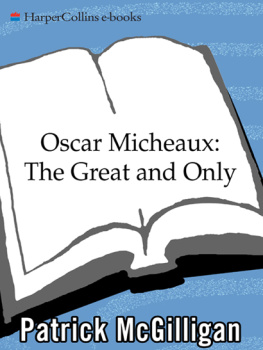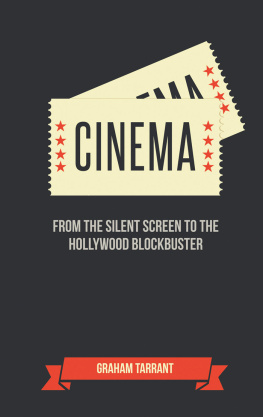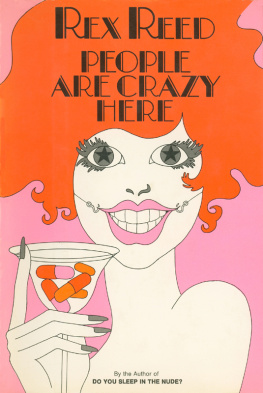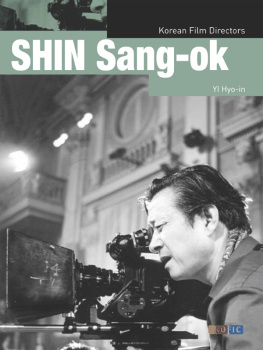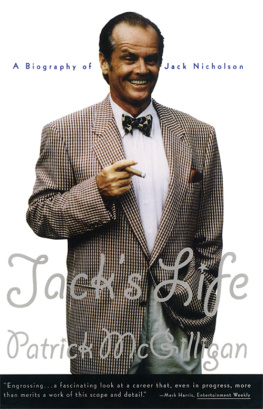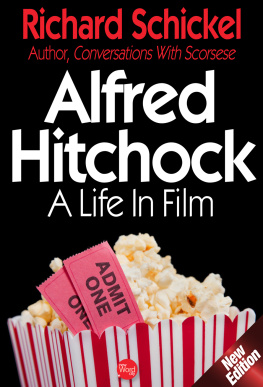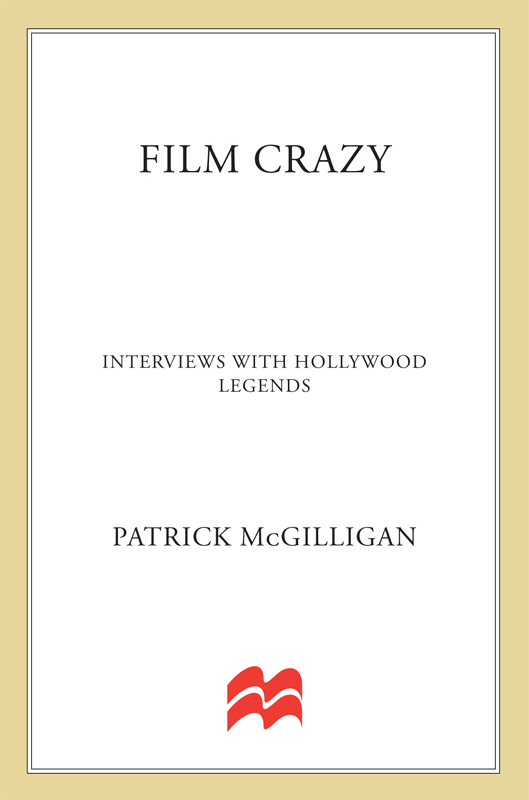Contents
Guide

The author and publisher have provided this e-book to you for your personal use only. You may not make this e-book publicly available in any way. Copyright infringement is against the law. If you believe the copy of this e-book you are reading infringes on the authors copyright, please notify the publisher at: us.macmillanusa.com/piracy.
Contents
Can you ride a horse?
Los Angeles, August 1974
by Patrick McGilligan and Debra Weiner
Is it okay, is it okay ?
Beverly Wilshire Hotel, September 1974
by Patrick McGilligan and Debra Weiner
A little world of my own
Marthas Vineyard, August 1973
by Patrick McGilligan and Debra Weiner
A piece of the rock
The Brown Derby, September 1974
by Patrick McGilligan and Joseph McBride
A certain humility
A Restaurant in the Valley, September 1974
by Patrick McGilligan
I was lucky with my timing
Los Angeles, April 1983
by Patrick McGilligan
On the campaign bus with the Gipper
New Hampshire primary, 1976
by Patrick McGilligan
I told you he wasnt a dame
Madison, Wisconsin, Summer 1977
by Patrick McGilligan and Gerald Peary
What I have in mind is a happy audience
Walt Disney Studio, Winter 1978
by Patrick McGilligan
I liked the strong characters
Los Angeles, September 1974
by Patrick McGilligan and Debra Weiner
Youre talking to a screwball
Cape Cod, July 1974
by Patrick McGilligan and Debra Weiner
On the set of Family Plot
Universal Studios, June 1976
by Patrick McGilligan
For Russell Campbell
Introduction
A long, long time ago, on a campus far, far away from Hollywood, I fell in with a group of people who were passionate about film. (We never said movies.)
Although film craziness was epidemic around the country, indeed around the globe, I tend to think that the mutant strain found at the University of Wisconsin in Madison in the late 1960s and early 1970s had something to do with the unique combination of the long, subarctic wintersfrom which escape was desirablecoupled with the inviting central location of the film archives in the State Historical Society building.
The film archives were (are) a treasure trove. For years, archivists of the Wisconsin Center for Film and Theater Research had been quietly collecting the personal and professional documents of show business people. These included luminaries as well as lesser lights. A special effort had been made to collect the memorabilia of stage and screen figures with a history of involvement in left-wing or liberal causes. Among others in this category, the collection included some papers of the Hollywood Ten.
More important, from our point of view, some unsung archivist had managed to obtain the United Artists collection, which included the promotional materials, script files, and 16mm prints of every Warner Brothers, RKO, and Republic motion picture dating from the early 1930s through the early 1950s. This, remember, was back in an era before Ted Turners all-movie cable channels, Blockbuster Video, and laser discswords we never dreamed.
Mornings at the archives, the film-crazies would gather to watch whatever some graybeard (i.e., graduate student) had put on the schedulesay, three or four William Wellman films, the earliest, most obscure, most topical titles from his Warner Brothers period. We relished the fact that many of the films we were watching hadnt been shown in America, even in truncated form on television, for thirty or forty years. We tingled with the collective hope that any day we might discover a lost masterpiece.
The room set aside on the top floor of the State Historical Society building was a long, narrow concrete bunker with utilitarian chairs scattered around. There was always, I remember, a prescribed number of snafus with the projection equipment. Once started, the only interruptions were for reel changes, and we often squeezed in several films back to back, before lunch. Some of us slurped coffee or chewed gum. Some made loud comments about the film in progress, others watched silently, scribbling notes, gazing intently at the rectangle of light dancing on a far wall.
Around noon, we usually stumbled out onto Library Mall, dazed by the blinding sunlight and just in time for the antiwar (or whatever issue) rally of the day and the march that was scheduled and the protest or riot that might eventuate.
This is oversimplification, of course. Not every day did we watch three or four William Wellman films from the 1930s; sometimes it was Anthony Manns shipboard musicals from the 1940s (not as exciting, I assure you). Nor was every film buff at the UW a political radical capable of dodging tear gas canisters. It just seemed that way.
Madison was a locus of film culture and of left-wing activity. The film-political passions were linked in some people, although in at least a couple of instances that I recall, friends with comradely beliefs came to blows, or almost, not over Marx or Mao, but over what films ought to be championed, or who were the greatest directors.
Most of us organized our own film societies to show our favorite films to other students; at the time, there were more than two dozen organizations that competed for space and bookings. Many of us cut our teeth writing program notes for the Wisconsin Film Society (the oldest, most respectable film society on campus) or reviews for the college daily. Some of usmostly the graybeardswere on the official committee that violently debated what should be programmed into the Memorial Union Play Circle theater, with its plush seats. Most of us contributed to The Velvet Light Trap, a mimeographed, hand-stapled periodical (quite periodical) that we hawked at film showings. More than we realized, it was also circulated around the world.
The articles in The Velvet Light Trap had a distinct sociological flavor. Our preference was for headline or historical subjects. Our heroes tended to arise out of the strengths of the UW archives. Raoul Walsh, William Wellman, George Stevens, Robert Stevenson, Ren Clair, and Ida Lupino were names I first heard in college, from people who were studying their work at the State Historical Society. Warner Brothers and RKO were the best, most important studios from our point of view. Warners was the proletarian one with a social conscience; RKO was eclectic, occasionally left-leaning. We knew a lot less about the others and didnt much care.
* * *
Growing up in Madison, I had seen surprisingly few movies, although I never felt deprived. We lived on a lake and spent most of our free time outdoors. My father wasnt about to spend money on a family expedition to the movies, and my mother, who once attended the Pasadena Playhouse, had a Catholic suspicion of Hollywoods negative influence on children. She passed on her love for show businessdance, theater, The Ed Sullivan Show while carefully restricting even our television time.
About the only movies I recall being taken to were Ben Hur (perfectly acceptable to the Catholic Church) and, the next year, The Alamo (a history lesson from John Wayne).
By the time I was in high school I found myself drawn to the nighttime triple-feature horror fests that were being staged regularly at the downtown theaters. My group of friends liked nothing better than to hang around outside the Orpheum, pull the fire escape down, jimmy open a balcony door, and then slip inside. Walking in backward as people were exiting between shows also worked a surprising number of times. I dont remember much of what we saw, because, really, wed see anything that was playing at the Orpheum, which was the easiest theater to sneak into. Once or twice we were detained by police. That was half the excitement.


